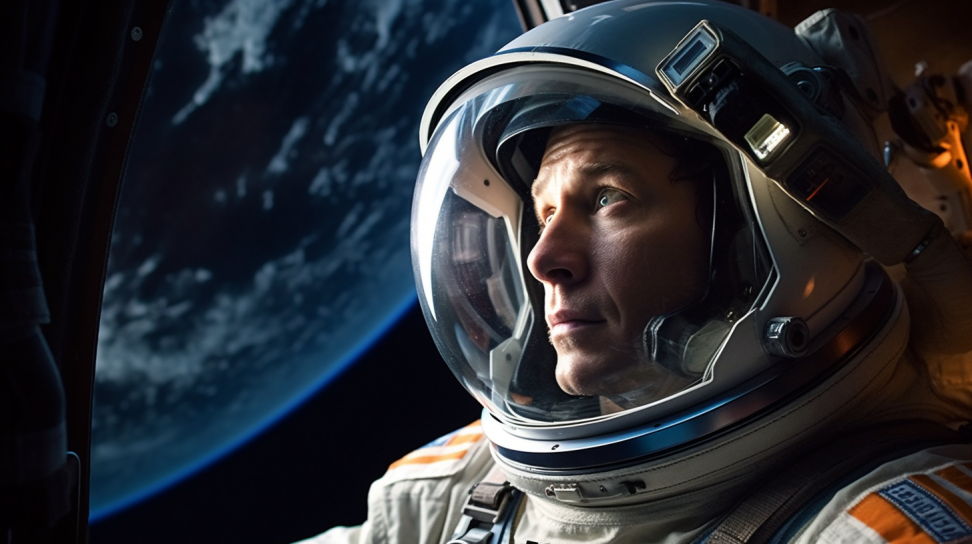The Psychology of Space Travel

Introduction
The final frontier is not just a realm of technological challenges; it’s a test of human psychology. As we venture further into space, understanding the psychological implications becomes crucial. This blog post aims to explore the psychological challenges astronauts face during different types of missions: week-long trips to the Moon, months-long stays at the International Space Station (ISS), and the theoretical years-long missions to Mars. We’ll also delve into Earth-based experiments that help us prepare for these journeys.
The Psychological Challenges of Space Travel
Isolation and Confinement
Long-term isolation and confinement can lead to a range of mental health issues, from depression to cognitive decline. Astronauts on the ISS often report feelings of isolation despite regular communication with mission control and loved ones.
Stress and Anxiety
Space is an inherently hostile environment. The constant threat of equipment failure, radiation, and other life-threatening situations can lead to high levels of stress and anxiety. Astronauts undergo rigorous training to handle these stressors, including simulations and mindfulness techniques.
Interpersonal Relationships
In the confined quarters of a spacecraft or space station, interpersonal relationships can make or break a mission. Effective communication and conflict resolution skills are essential for maintaining a healthy psychological environment.
The Duration Factor
Week-long Missions to the Moon
Short missions, such as those to the Moon, require psychological preparation but are generally less taxing on the mental well-being of astronauts. Post-mission debriefings focus on stress management and readjustment to Earth’s environment.
Months-long Missions to the ISS
Extended stays at the ISS present a more complex set of psychological challenges. Astronauts have access to video calls with loved ones and recreational activities, but the prolonged isolation and work stress can take a toll.
Years-long Missions to Mars
Theoretical missions to Mars will require astronauts to be away from Earth for years. The psychological criteria for selecting astronauts for such missions will be stringent, focusing on emotional stability, resilience, and the ability to work in a team under extreme conditions.
Earth-based Experiments
Simulation Studies
Experiments like Mars500 and HI-SEAS simulate the conditions of long-term space missions. These studies provide valuable insights into the psychological well-being and team dynamics of astronauts in extended isolation.
Virtual Reality and AI
Emerging technologies like virtual reality and artificial intelligence offer new avenues for psychological training and therapy. Virtual environments can simulate various stressors, while AI can provide real-time psychological support.
The Future of Psychological Research in Space Travel
Upcoming Missions
Several missions are planned for the near future that will test the psychological mettle of astronauts. As we venture further into space, the role of psychology in mission success will only grow.
Ethical Considerations
As we push the boundaries of human endurance and isolation, ethical questions arise. Space agencies have a responsibility to ensure the psychological well-being of astronauts, balancing the drive for exploration with the need for safety.
Conclusion
Understanding the psychology of space travel is essential for the future of human exploration. As we set our sights on distant planets, we must also look inward, understanding the mental challenges that come with such extraordinary journeys.